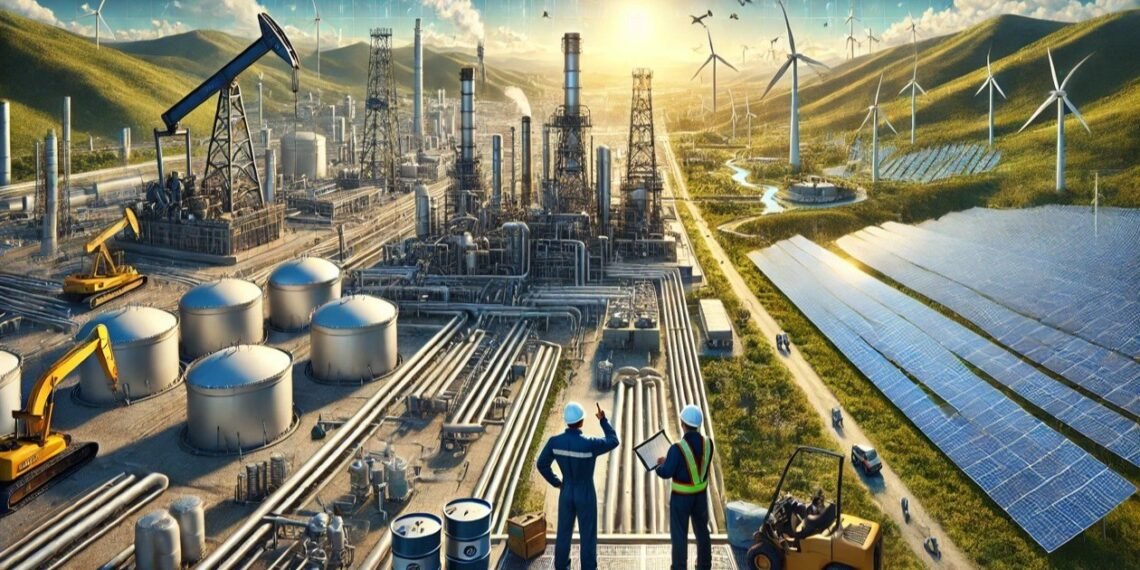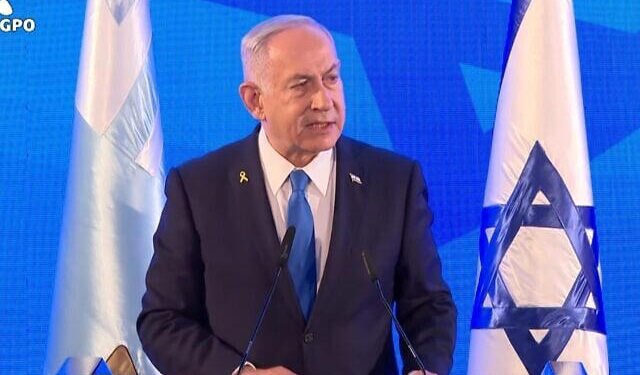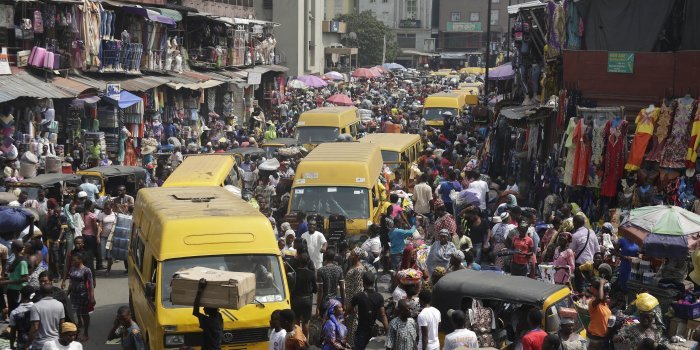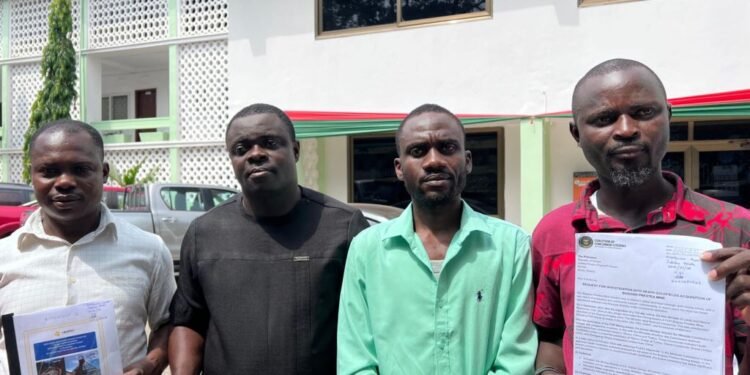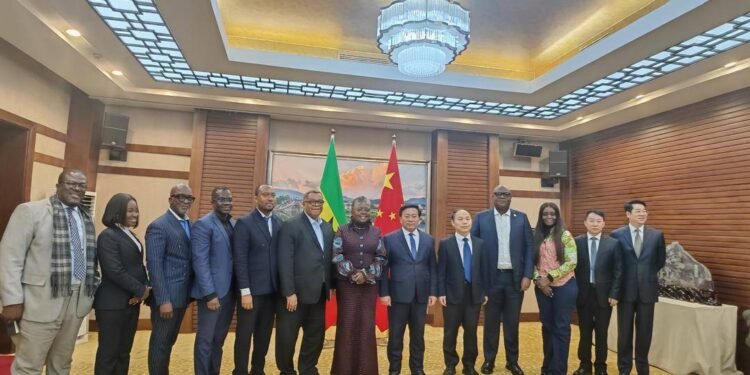Ghana will need approximately $562 billion to fully implement its national energy transition plan by the year 2070, according to the Ministry for Energy and Green Transition.
This projection was revealed during a stakeholder engagement on Ghana’s Energy Transition Framework.
The country’s ambitious agenda—centred on achieving carbon neutrality and clean energy integration—includes ongoing investments in solar mini-grids, the electrification of remote island communities, and a major nuclear power project expected to commence construction by 2027.
Dr. Robert Sogbadji, Deputy Director for Renewables and Green Emerging Technologies at the Ministry of Energy, noted that Ghana is steadily progressing on its path toward a greener future.
“As of now, Ghana is putting all efforts into adhering to our energy transition framework. Currently, we have more than 89% access to electricity.
“Energy transition is supposed to be nationwide and implemented by all regions and District Chief Executives.”
Dr. Robert Sogbadji, Deputy Director for Renewables and Green Emerging Technologies at the Ministry of Energy
According to Dr. Sogbadji, the government has initiated the development of 33 new solar mini-grids in island communities and other off-grid areas to promote decentralized and sustainable energy access.
These projects are part of a broader strategy to integrate renewables across the country while reducing dependence on fossil fuels.
“Efforts have to be made to ensure that awareness is created to ensure that whatever activity or project they [local governments] undergo, they also take into consideration the energy transition.”
Dr. Robert Sogbadji, Deputy Director for Renewables and Green Emerging Technologies at the Ministry of Energy
Ghana’s Energy Transition Framework, launched in 2022, is a roadmap outlining how the country plans to shift from fossil fuel dependency to a diversified, clean energy system.
The framework takes into account technological, financial, and social dimensions and aims to align national development with global climate goals.
One of the most ambitious aspects of the plan is the development of a nuclear power plant, which is expected to begin construction by 2027.
The inclusion of nuclear energy is seen as a strategic move to meet long-term base-load power needs in a low-carbon manner. The facility will complement intermittent renewables like solar and wind and help to stabilise the national grid.
This project is part of Ghana’s long-standing goal to integrate nuclear power into its energy mix by the 2030s. The nuclear roadmap has received technical backing from the International Atomic Energy Agency (IAEA) and other global development partners.
Financing the Energy Transition

The projected $562 billion cost reflects cumulative capital expenditures across multiple energy sectors—including infrastructure upgrades, clean energy development, transmission expansion, and electrification of transport and industrial sectors.
“It’s not only the government that has to cough up this money. It includes the private sector, development partners, and multinational development banks.
“We need a collaborative financial approach to make sure that we transition smoothly.”
Dr. Robert Sogbadji, Deputy Director for Renewables and Green Emerging Technologies at the Ministry of Energy
To date, Ghana has received funding and technical assistance from agencies like the World Bank, African Development Bank (AfDB), and the European Union to support renewable energy and grid infrastructure projects.
However, closing the remaining financing gap will require bold public-private partnerships, green bonds, carbon finance, and climate adaptation funds.
Dr. Sogbadji also called on regional and district leaders to support the transition through energy-conscious planning and local education campaigns.
According to him, awareness and behavioural change are critical to achieving the energy transition goals—especially in areas where fossil fuels remain the dominant energy source.
He noted that high-level stakeholder engagements such as the one held this week are vital for aligning national and regional efforts, ensuring transparency, and garnering public and investor confidence.
Ghana’s energy transition is poised to be one of the most comprehensive and transformative infrastructure undertakings in the country’s history.
While the $562 billion price tag may appear daunting, the benefits—ranging from climate resilience and energy security to economic growth and job creation—are expected to far outweigh the cost.
READ ALSO: Cedi Gains Not Enough for Recovery – IERPP Boss Warns Against Overreliance on Global Trends

